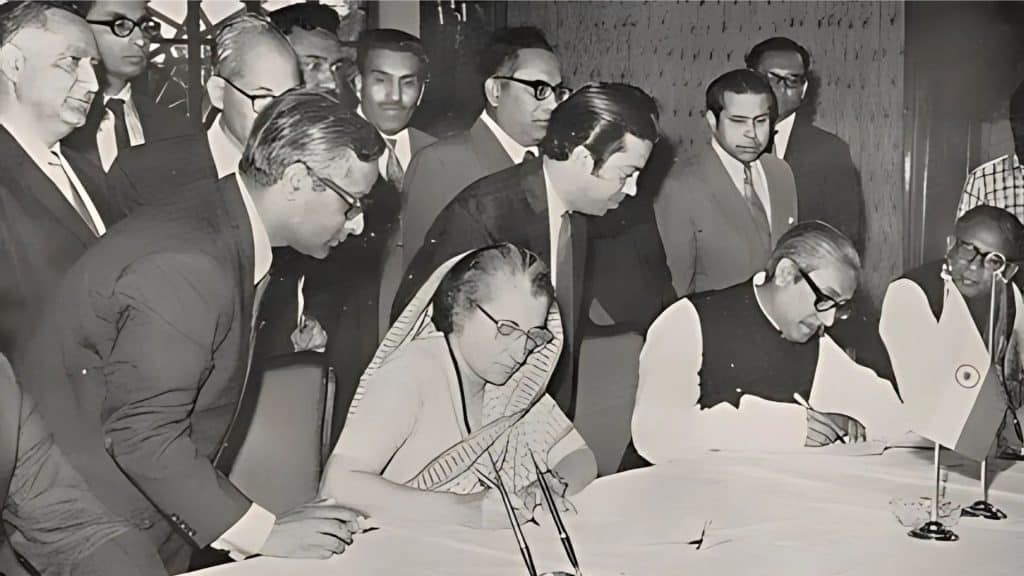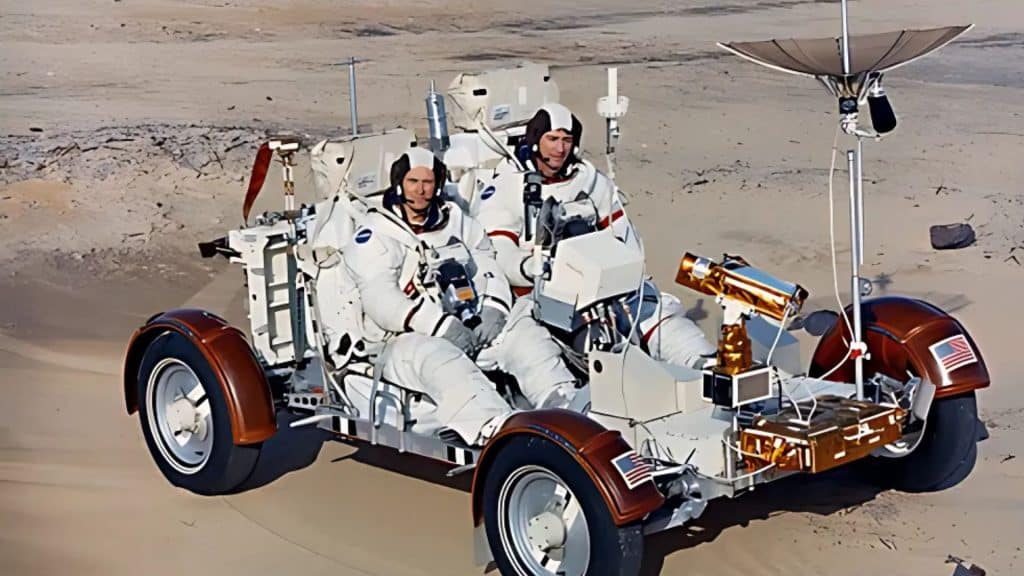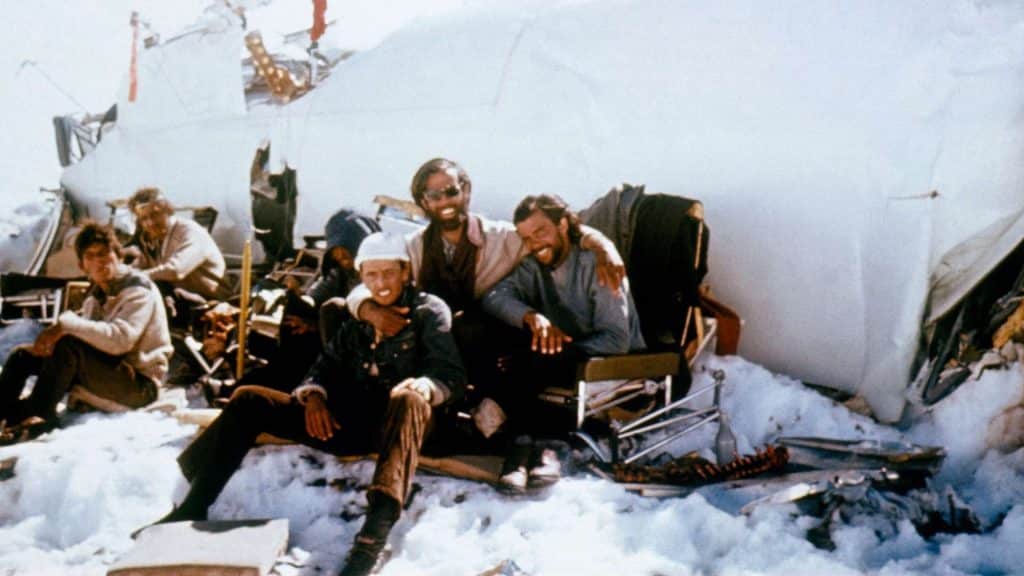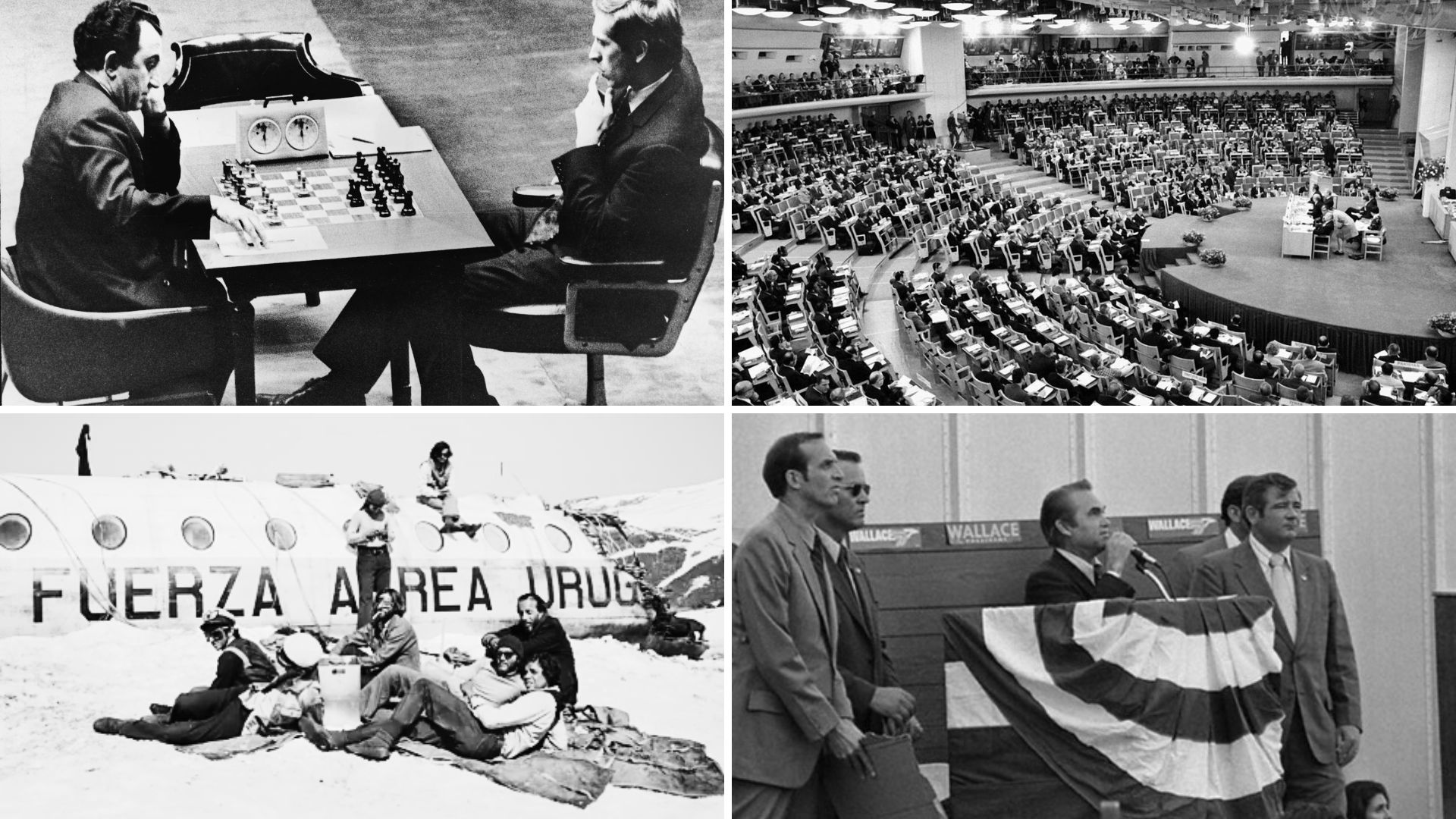1972 Worldwide: Key Global Events and Issues
What if a single year could change the entire course of human history?
The year 1972 stands as one of history’s most pivotal moments, packed with events that reshaped our world forever.
From major diplomatic breakthroughs and political scandals that changed governments, to tragic international incidents and final space missions, this single year delivered more drama than most decades.
Global relations shifted, social movements accelerated, and technological boundaries expanded in ways that still influence us today.
Whether you’re seeking historical events that start with i or looking for other pivotal moments.
This comprehensive timeline will walk you through the most significant happenings that defined 1972 and continue shaping our world today.
1972 Worldwide Major Events Timeline
The year 1972 marked significant political shifts, space exploration milestones, and tragic incidents that shaped global history and international relations.
January–March

January 1: Kurt Waldheim becomes UN Secretary-General, starting his leadership of the international organization.
January 30: British soldiers kill 14 civil rights marchers in Derry, Northern Ireland, during the Bloody Sunday massacre.
February 3-9: Iran blizzard devastates rural villages, causing approximately 4,000 deaths from extreme weather conditions.
February 21-28: Nixon’s historic visit to China opens diplomatic relations between the two superpowers after decades.
March 2: NASA launches Pioneer 10, the first spacecraft designed to travel beyond our solar system.
March 7-9: TWA bomb plot foiled in New York; separate device destroys empty jet in Las Vegas.
March 9: East Germany legalizes first-trimester abortion, marking a significant social policy change in communist Europe.
March 19: India and Bangladesh sign the Treaty of Friendship, Cooperation, and Peace, establishing formal diplomatic relations between the neighboring nations.
March 24: UK Parliament passes an act imposing direct rule over Northern Ireland from London.
April–June

April 10: Biological Weapons Convention opens for international signature, restricting biological warfare development globally.
April 16-27: Apollo 16 mission sends astronauts Young and Duke to study the lunar surface successfully.
May 15: Presidential candidate George Wallace was shot and paralyzed during a campaign rally in Maryland.
May 22-30: Nixon visits Moscow; the US and USSR sign SALT I and the ABM Treaty on May 26.
June 17: Watergate burglary occurs as five men were arrested inside the Democratic National Committee headquarters in Washington.
June 23: Nixon signs the Education Amendments; Title IX bans sex discrimination in educational institutions nationwide.
June 23: UK floats pound sterling, abandoning fixed exchange rates for a flexible currency system.
Late June: Hurricane Agnes causes catastrophic flooding across the eastern United States, affecting multiple states severely.
July–September

July 2: India and Pakistan sign the Simla Agreement following the 1971 war, establishing bilateral relations.
August 1: The Washington Post begins a comprehensive Watergate investigation series, exposing political scandal details.
August 9: Uganda’s dictator, Idi Amin, orders the expulsion of Asians, giving them 90 days to leave the country.
August 26: The Munich Olympics open in West Germany, hosting an international athletic competition and global participation.
September 1: Chess champion Bobby Fischer defeats Boris Spassky in Reykjavík, ending the historic championship match.
September 5-6: Munich massacre occurs as Palestinian terrorists kill 11 Israeli athletes during the Olympic Games.
September 29: Japan and China establish diplomatic relations, ending decades of hostility between Asian nations.
October–December

October 13: Uruguayan Air Force Flight 571 crashes in the Andes Mountains; survivors endure 72 days before rescue.
October 26: Henry Kissinger announces “peace is at hand” in the Vietnam War, signaling diplomatic progress.
November 7: Richard Nixon wins re-election as US president in a landslide victory over his Democratic opponent.
November 8: HBO launches as America’s first pay-television channel, starting subscription-based television broadcasting.
December 7: Apollo 17 launches for the final manned Moon landing mission, completing the lunar exploration program.
December 15: The United Nations establishes the Environment Programme (UNEP), focusing on global environmental protection and sustainability.
December 18-29: US conducts Operation Linebacker II (“Christmas Bombing”) against North Vietnam targets.
Key Global Issues of 1972
Here are the key global issues that defined 1972 and influenced worldwide events, politics, and society throughout this pivotal year.
| Political Issues |
Cold War tensions between the US and the USSR, despite diplomatic progress. Northern Ireland conflict escalating with Bloody Sunday massacre. Watergate scandal beginning to undermine US government trust. Vietnam War continues despite peace negotiations. |
| Social Issues |
Civil rights movements facing violent opposition worldwide. Women’s rights advancing through Title IX legislation. Racial discrimination persists in education and employment. Student protests against war and social inequality. |
| Economic Issues |
Currency instability as the UK abandons fixed exchange rates. Oil price fluctuations affecting global energy markets. Inflation concerns rising in major economies. Trade relations shifting due to China-US diplomatic opening. |
Other Notable Highlights
These pivotal events in culture, science, sports, and geopolitics shaped global progress and left a lasting legacy worldwide, marking 1972 as a memorable year.
- Polaroid SX-70 camera: Launched instant photography technology, revolutionizing personal photography and changing how people captured memories.
- Pong video game: Atari released the first commercially successful arcade game, founding the multi-billion-dollar video game industry.
- Equal Rights Amendment: Congress passed a constitutional amendment for gender equality, though the state ratification process continued for decades.
- DDT Ban: The U.S. banned DDT domestically in 1972, inspiring global environmental efforts; worldwide restrictions came later.
- Yugoslavia’s smallpox outbreak: Europe’s last major epidemic occurred, prompting intensified global vaccination campaigns that led to eradication.
- Smoking Warnings: The US mandated cigarette warnings in 1972, influencing global anti-tobacco efforts; worldwide campaigns grew later.
- Bangladesh’s independence recognition: Multiple nations formally recognized the new country after the liberation war, reshaping the South Asian geopolitical landscape.
The Bottom Line
Looking back at 1972, we can see how a single year’s events created ripple effects that still influence our world today.
This remarkable year demonstrates that pivotal periods in history often emerge from the convergence of multiple forces working together simultaneously.
Political upheavals, technological breakthroughs, social movements, and international conflicts all intersected during these twelve crucial months of change.
The lessons learned from 1972 show us that major historical shifts rarely happen in isolation but develop through interconnected chains of events.
Knowing these patterns of change helps us recognize similar crucial moments in our own era and appreciate their lasting impact.
What other pivotal years in history fascinate you? Share your thoughts in the comments below!








